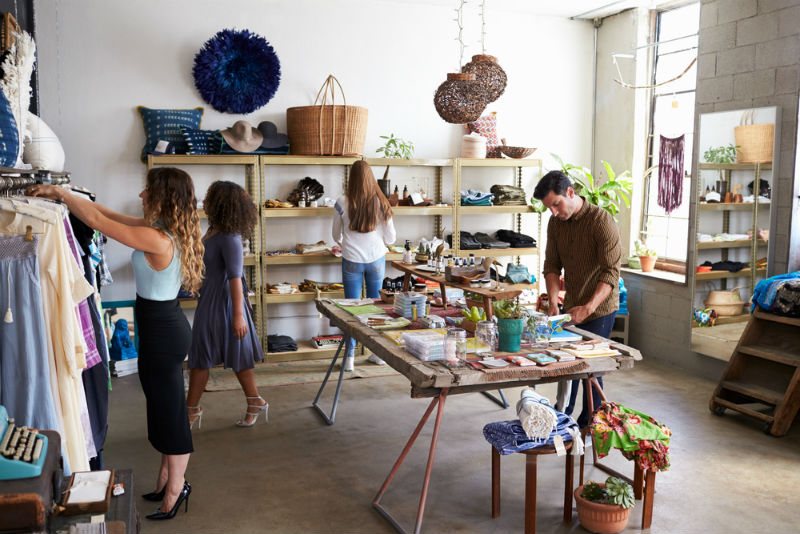There is more to starting a retail store than just opening up a shop. You not only need to plan well but also create a budget enough to sustain the business for some time before it starts generating some income. However, you need to understand all the costs involved in starting as well as running the store to give yourself the best chance in the industry. Some of the expenses you need to be aware of when starting a retail business are discussed below.

1. Location
You need to identify a prime spot to set up your retail store. Look for a site with plenty of regular customers and lots of foot traffic. Finding such a place, and securing it, comes at a price. It would therefore be advisable to assess the area first to have an idea of what to expect, or is expected of you. Factors such as rent, deposit, and goodwill should be considered when shopping for the location. You can however, choose to run an online store instead. In this case, you will want to consider hosting, production, and other costs that come with running an online store.
2. Rent
In addition to upfront costs (repairs and such), you will still need to take monthly rent into consideration. Rent is often calculated based on the physical location and square meterage. Spaces in high traffic and popular areas naturally tend to attract higher amounts of rent compared to low traffic areas.
3. Utilities
These are the additional costs that come with running the business. This includes electricity costs, gas, travelling costs, and the size of the shopfront. Exploring various options with utility providers in the area can however help you choose an affordable one. Some window-shopping is also required to identify as well as determine the best rate for the area.
4. Insurance
You still need to factor in business insurance in the start-up cost. Although it may seem like an unnecessary expense, insurance is required primarily to cover unforeseen circumstances and issues. You need to find a policy covering business income, property, liabilities, crime, product or public liability, etc. Employees too will need a workers insurance cover as well.
5. Inventory
It is vital to take into consideration the required capital and cost of storing inventory into consideration when developing your budget. It is after determining the initial inventory costs that you can then focus on monthly inventory costs after that.
6. Merchandising Equipment
Think about the products that you will be selling, and how they will be put on display in the store. Consider the best options for keeping these items on display. Some of the merchandising equipment you may need include mannequins, hangers, display cases, or even shelves. With the display equipment sorted, think of labelling and how it will be done. This should also include price tags – something simple but something people often forget about. Having an idea of what merchandising equipment you will need should help you determine an approximate budget.
7. Employee Costs
Depending on the size of the retail store, you will need one or two support staff to help run the store effectively. The employees will, therefore, require a salary, wages, and other benefits that need to be budgeted for as well. You might also want to factor in other costs such as employee training, payroll processing, and how timecards will be managed.
8. Marketing
You will also need to put the word out to target audiences and customers to attract customers. Marketing and advertising are some of the most overlooked factors in running a retail store. To get a fair market share of the cake, you might want to have someone advertise and promote your business. It would, therefore, be advisable to consider the cost of producing business cards, a business logo, and even a website for the store. Consider creating a marketing campaign that will get your business known too.

9. Funding
Once done computing start-up costs, you can then focus on creating a business plan, which you can use to seek financing. Although there are several ways to explore to get funding, a business loan may be the most viable option at the moment. Several factors have to be considered before applying for the loan. Some of these include:
- Total amount to be repaid
- Ease of repayment
- Convenience and ease of application and processing
- The lender’s reputation and dependability
Take some time to understand the various types of business loans, and identify the best one for your case. While the application process may be tedious and time-consuming, it is advisable to keep the paperwork organized at all times. Business loans can take a few days or even weeks to be processed. Practise some patience during this time.
Do not depend on the loan alone for funding. Look out for other funding methods such as grants. Various activities such as development, research, innovation, and trade may help you get funding from sponsors. Other forms of financing can come through mentoring, networking, disaster relief, and education. Be sure to explore any viable option and try your luck.
ALSO READ: Everything That You Need To Know About Starting A Coffee Shop
